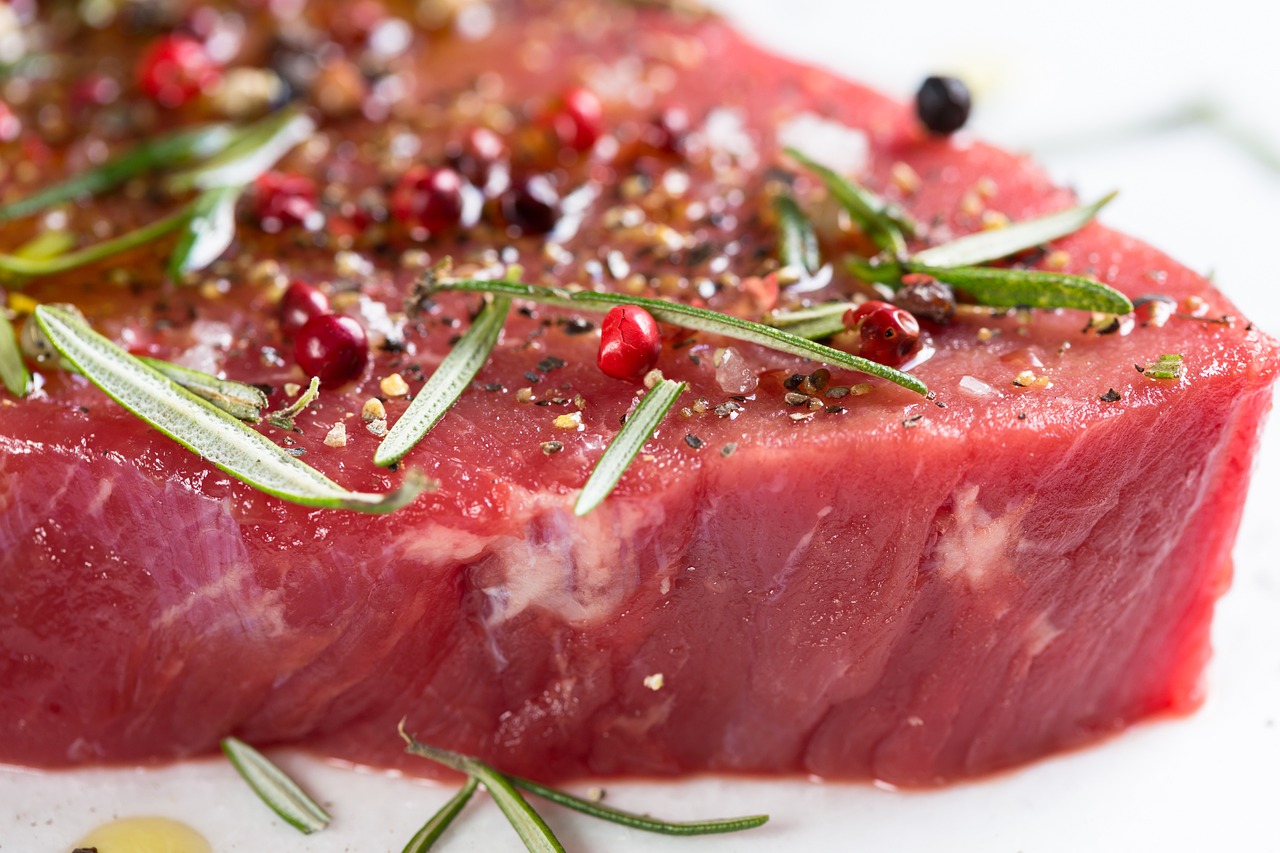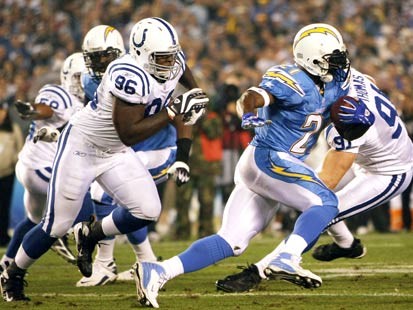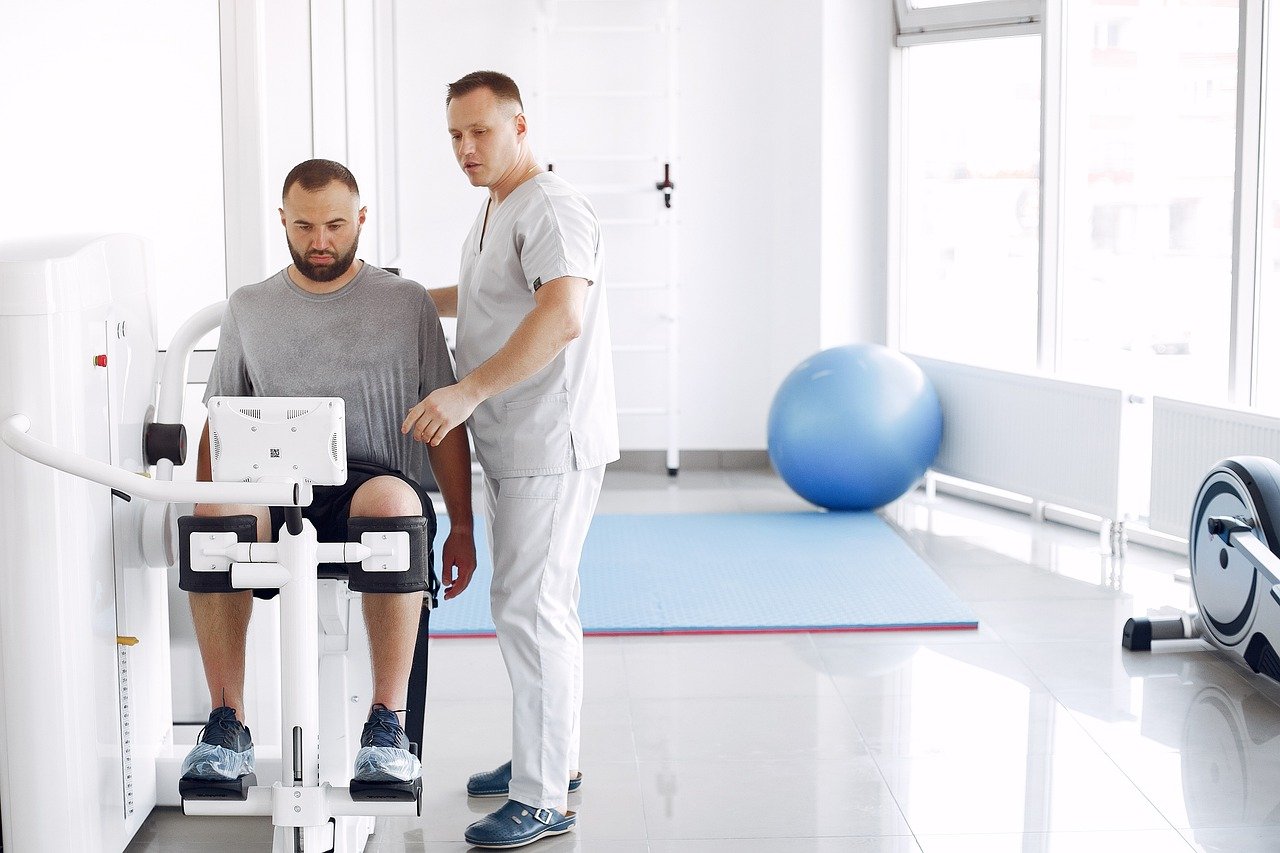No matter whether you want to gain muscles, reduce weight or just simply survive, you need to eat proteins. It's a base to build every muscle so especially for body-builders it is essential to eat loads of proteins. You probably think that this problem does not relate to you because you just want to reduce. And even if you think about reducing you do not want to lose only weight - you desire losing fat. I can tell you one thing without a certain amount of proteins you'll kill your own muscles, the cell that burns calories. The more muscles you have, the more calories you burn, even doing nothing. So now you know how important proteins are. You need to understand which sources of proteins are the best and when they should be eaten.
Understanding Protein Sources
Nowadays it is much easier. We have the Internet, and all nutrition information has to be put on packaging. You simply read it and know what you eat and how much energy there is. Apart from basic information provided, there are also other important factors like biological value or glycemic index. Biological value shows how much protein provided with certain food can be used by your body to build muscles. Obviously, the higher the value, the better the source you have.
The Best Protein Sources
The best sources of proteins are meat (beef and poultry), fish, eggs, and dairy (especially cheese). Chicken is one of the best and most commonly used by all bodybuilders. It's full of high-quality proteins (about 25% with a biological value of 79) and does not contain much fat. Remember not to eat it with skin, as the skin itself is very fatty. The best choice is to eat breasts. It should be eaten about 150-300 grams a day.
Beef has pretty much the same value as chicken (25% of proteins with a biological value of 80). You should always look for lean meat cuts, but it is also worth trying minced beef as this form is simply cheaper (unfortunately, it contains more fat). Additionally, it contains vitamin B12 and iron. It should be eaten at least 2-3 times a week.
Fish is an excellent source of protein. Similar to beef or chicken, it's about 25% protein but with a slightly higher biological value of 82. Apart from proteins, it is also a great source of Omega-3 fatty acids, which have a huge influence on health. You can choose canned tuna, frozen or fresh haddock/cod, or salmon. Try eating it at least twice a week.
Eggs are the second-best protein source. Egg proteins have a phenomenal biological value of 88 up to 100, but there's only 11% of them in the white and about 16% in the yolk. However, the yolk is full of fat, and that's why it is less recommended, especially when you want to reduce weight. Similar to fish, eggs are a good source of Omega-3. The best way to prepare them is to simply boil them for about 5-6 minutes (hard-boiled eggs). This avoids additional fat (e.g., frying) and makes it easier to separate the white from the yolk if you do not want to eat the yolk.
Dairy products are also really good sources of proteins. The biological value is about 80, but the amount of proteins varies for different products: about 5% for milk and up to 22% for cheese (on average). Dairy products, because of casein which is assimilated longer, are especially recommended to be eaten in the evening before you go to bed. Unfortunately, cheese has loads of fat, so cottage cheese and skimmed milk are better choices.
Combining Protein Sources
Since you need all kinds of proteins, it is recommended to include a variety of sources in your diet. There's no one magic protein that can sort out all your needs. It is also important to keep protein intake at a higher level throughout the day, so consider eating more meals during the day. Obviously, these should be relatively smaller meals to prevent gaining fat. Do not forget about providing other elements like carbohydrates and fat, as these are responsible for the energy you need to do exercises.













